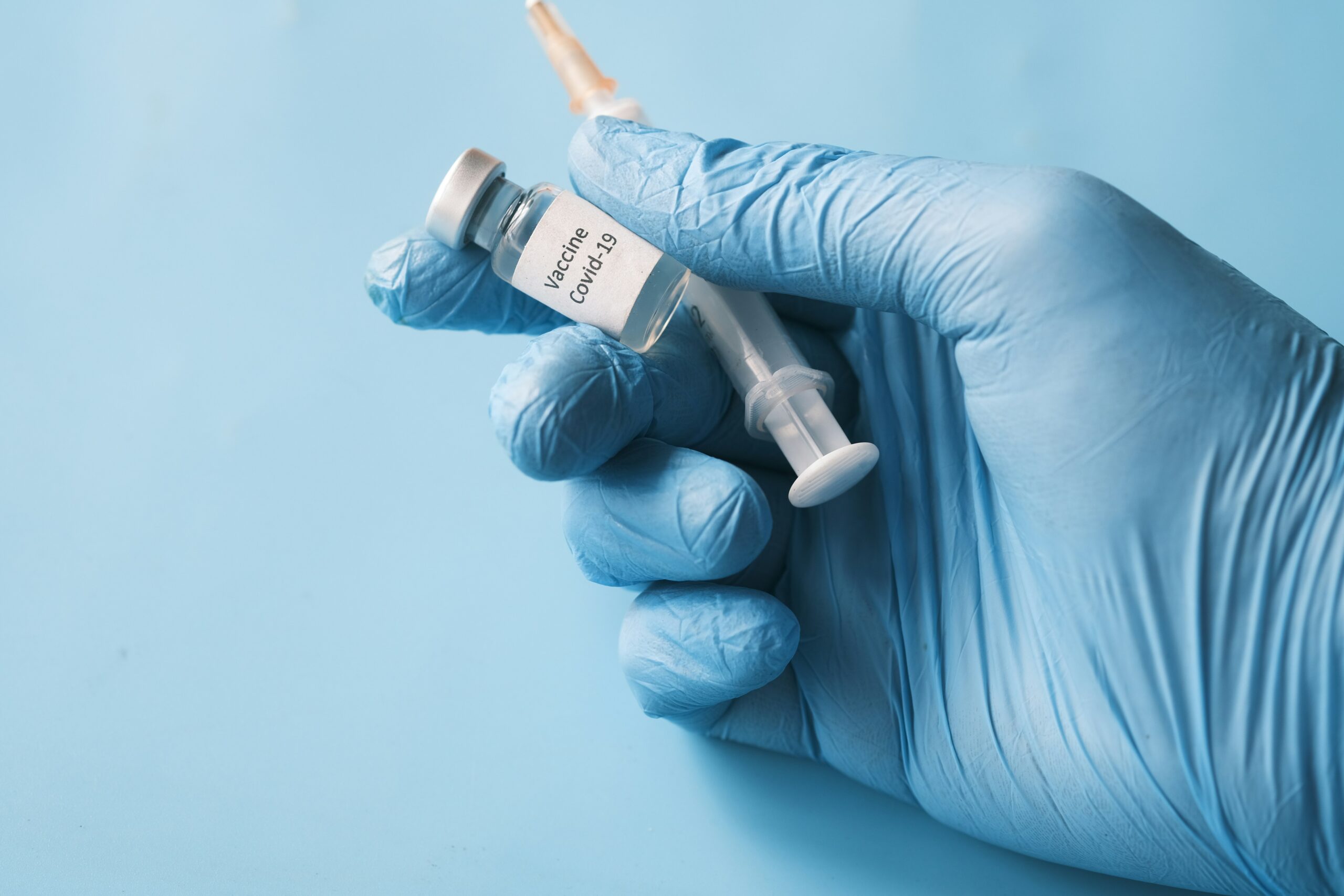Can Vivitrol Improve Mood?
Vivitrol, known for its active ingredient naltrexone, is a medication primarily used to manage opioid dependence and alcohol dependence. It plays a crucial role in blocking opioid receptors in the brain, reducing cravings and the risk of relapse. But beyond its primary function, can Vivitrol improve mood? This article explores Vivitrol’s potential impact on mood, its use in opioid and alcohol addiction treatment, and the side effects that patients may experience.
How Vivitrol Works
Vivitrol is a long-acting formulation of naltrexone, an opioid antagonist that blocks opioid receptors in the brain. When opioids or alcohol are consumed, they activate specific receptors that lead to euphoric effects. Vivitrol works by preventing these receptors from being activated, thereby reducing the rewarding effects of opioid and alcohol use. This blocking action can be especially beneficial for patients with a history of substance use disorders, including opioid use disorder and alcohol abuse.
Vivitrol and Mood Improvement
The question remains: can Vivitrol improve mood? Research suggests that naltrexone treatment, including Vivitrol injections, may contribute to fewer depressive symptoms in patients undergoing treatment for opioid or alcohol dependence. This mood improvement may result from the reduction in withdrawal symptoms and cravings, which can often be significant contributors to mood disorders like depression and anxiety symptoms.
By providing a sense of stability and reducing the psychological symptoms associated with addiction, Vivitrol treatment can offer patients a chance to focus on their mental health and emotional well-being. However, it’s important to note that Vivitrol is not a direct treatment for mood disorders but rather a supportive component in the overall addiction treatment process.
The Role of Vivitrol in Opioid and Alcohol Addiction
Opioid Dependence
Vivitrol is used as part of a medication-assisted treatment (MAT) program for opioid dependence. Unlike other medications such as methadone or buprenorphine, which activate opioid receptors to some degree, Vivitrol is non-addictive and blocks opioid receptors entirely. This property makes it an effective option for patients seeking to remain opioid-free.
During opioid detoxification, patients often face severe withdrawal symptoms, which can lead to relapse if not properly managed. By blocking opioid receptors, Vivitrol helps reduce cravings and the risk of relapse, thereby improving treatment outcomes. However, patients must be opioid-free for at least 7-10 days before their first injection to avoid precipitated opioid withdrawal.
Alcohol Dependence
In the case of alcohol addiction, Vivitrol is used to manage alcohol use and prevent relapse. By blocking the euphoric effects associated with drinking alcohol, Vivitrol helps reduce the urge to drink alcohol. This mechanism can significantly reduce alcohol consumption and support patients in maintaining sobriety.
Clinical trials have shown that patients receiving naltrexone treatment for alcohol abuse are more likely to experience better treatment outcomes, including reduced alcohol use and fewer episodes of heavy drinking.
Vivitrol Administration and Dosage
Vivitrol is administered as a monthly injection by a healthcare professional. The extended-release formulation ensures a steady release of naltrexone into the bloodstream, providing consistent blocking of opioid receptors. This method of administration can improve medication adherence, as patients do not need to take a daily pill, which is often a challenge in long-term addiction treatment.
First Injection and Initial Considerations
Before taking Vivitrol, patients must undergo a thorough evaluation of their health history to rule out any contraindications, such as liver disease or active liver damage. Blood tests are often performed to assess liver function, as naltrexone can cause liver injury, particularly at high doses. Patients should also be informed about the potential for injection site reactions, which can include pain, swelling, or redness at the injection site.
Side Effects of Vivitrol
Like all medications, Vivitrol has side effects. The most common side effects include nausea, headache, dizziness, fatigue, and injection site reactions. Some patients may experience more severe side effects, such as liver damage, allergic reactions, or severe injection site reactions that may require medical attention.
Patients should be closely monitored for signs of liver injury, especially if they have a history of liver disease. The Food and Drug Administration (FDA) recommends that patients receiving Vivitrol treatment undergo regular liver function tests to ensure early detection of any adverse effects.
Vivitrol and Mental Health
While Vivitrol is not a direct treatment for mental health conditions, its use in reducing cravings and withdrawal symptoms can indirectly support mental health. Patients who achieve stability in their addiction treatment may experience reduced anxiety symptoms and improved mood due to the reduction of substance-induced psychological distress.
Social Support and Therapy
In addition to Vivitrol treatment, social support and therapy play crucial roles in improving mental health outcomes. Behavioral therapies, counseling, and support groups can provide patients with the tools they need to address the underlying causes of addiction, cope with social and emotional stimuli, and develop healthier coping mechanisms.
Alternative Medications and Treatment Options
Vivitrol is one of several medications available for managing opioid and alcohol dependence. Other medications, such as methadone and buprenorphine, are also used in medication-assisted treatment programs for opioid use disorder. While these medications activate opioid receptors to some degree, they are effective in reducing cravings and withdrawal symptoms.
For alcohol dependence, alternative medications like acamprosate and disulfiram may be used, depending on the patient’s specific needs and medical history. It’s essential to discuss all treatment options with a healthcare provider to determine the most appropriate approach for each individual.
Risks and Precautions
Increased Risk of Overdose
Patients taking Vivitrol should be aware of the increased risk of opioid overdose if they attempt to use opioids while on the medication. Since Vivitrol blocks opioid receptors, patients may require higher doses of opioids to achieve the desired effects, which can be life-threatening. Therefore, it is crucial for patients to be informed about this risk and to avoid using other opioids or other drugs while on Vivitrol.
Injection Site Reactions
Injection site reactions are common with Vivitrol shots. Patients may experience pain, swelling, or redness at the injection site. In rare cases, more severe reactions, such as abscesses or tissue necrosis, may occur. Patients should report any unusual or severe symptoms to their healthcare provider immediately.
Conclusion
Vivitrol is a valuable tool in the treatment of opioid and alcohol addiction, offering benefits such as reduced cravings and improved treatment outcomes. While it may not directly improve mood, its role in stabilizing patients’ mental health through addiction treatment can lead to fewer depressive and anxiety symptoms. As with any medication, it’s essential to weigh the benefits and potential side effects, discuss all treatment options with a healthcare provider, and consider a comprehensive approach that includes therapy and social support for the best outcomes. Visit SAMHSA for more information.








